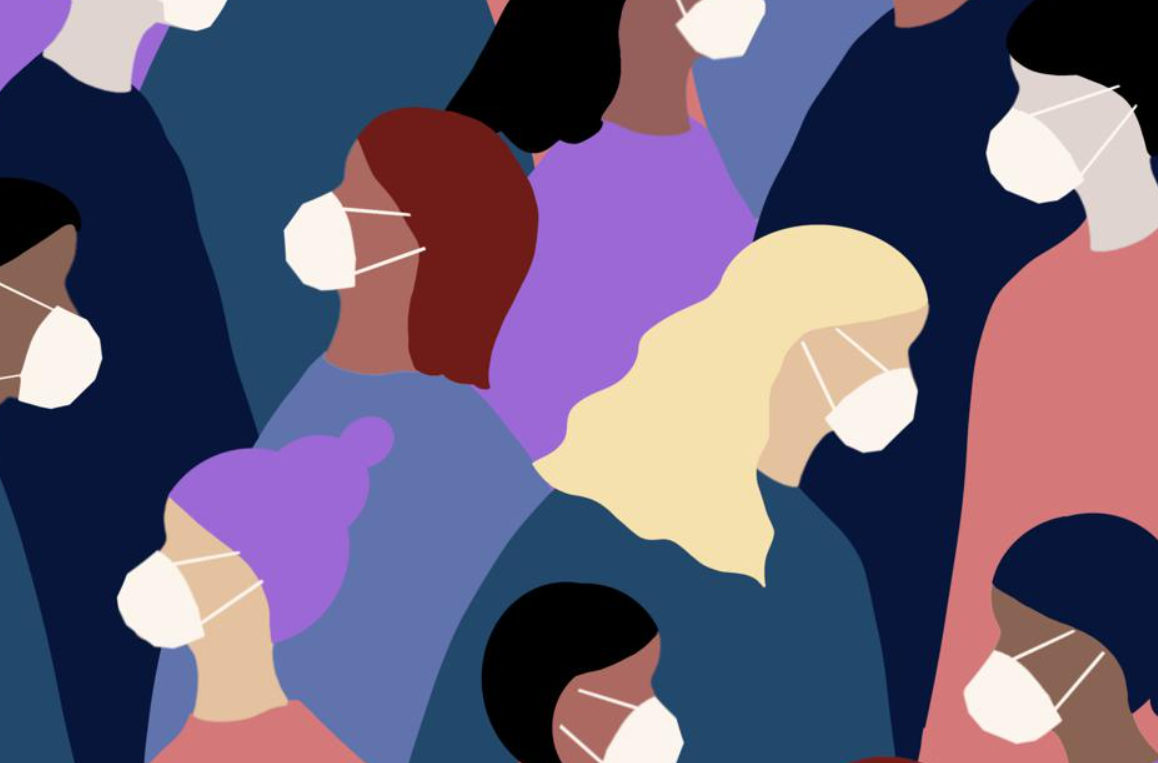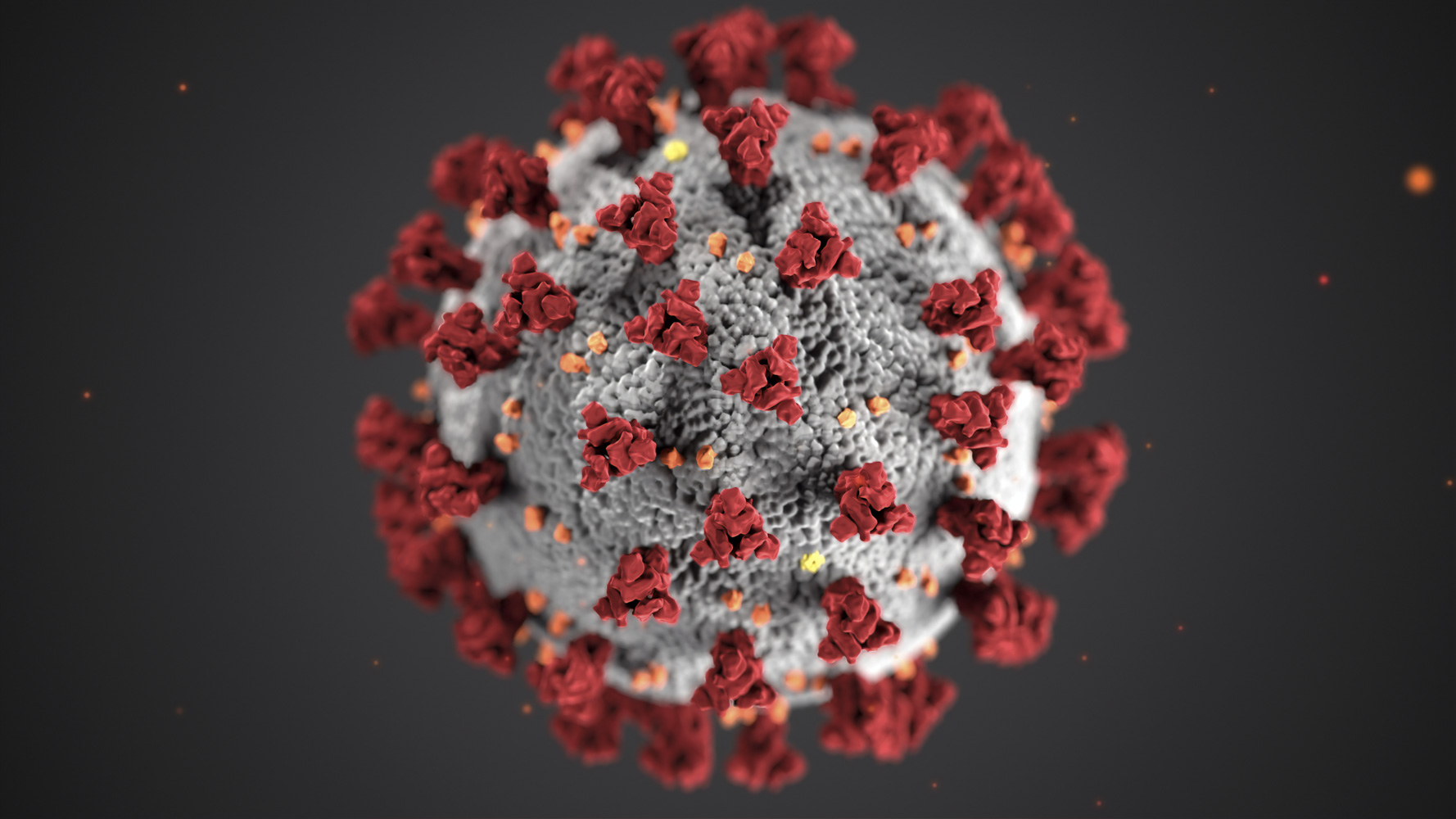I have been a founding member, data privacy officer, researcher, and data manager of the PsyCorona Project as well as the PsyCorona Data Visualization Tool. Among the many scientific outputs of the project, I have published a short article on the development of data visualization tool for Covid-19 rapid response efforts for the APS Observer.
The poject
The PsyCorona project aims to identify psychological and cultural factors that affect the spread of SARS-CoV-2. The fast-spreading coronavirus prompted many countries to go into lockdowns and to take various other mitigation measures, some of which may be required for years. Due to its Data Science component, the PsyCorona project is able to examine how individual-level psychological factors interact with different containment measures to predict differences in virus spread between countries and regions.
Need for the study
Social distancing is a collective behavioral strategy designed to curb virus spread, but societies are likely to face challenges to its success. For instance, the sense of solidarity, responsibility, and self-control that is required for effective social distancing may prove difficult to maintain. To generate actionable knowledge about the impact and effectiveness of social distancing, a globally-focused research initiative is required to study both the immediate and long-term impact of regional virus and policy conditions, as well as changes over time and circumstances.
In March 2020, scientists at the University of Groningen and New York University – Abu Dhabi recognized the urgent need to study the psychosocial dynamics underlying people’s adherence to public health directives and government policy. The “PsyCorona” survey was launched on March 19th to assess attitudes, behavior and cognitions related to the coronavirus in 60,000+ participants around the globe, in collaboration with 100+ behavioral and data scientists across 5 continents.
 Illustration credit goes to the APS Observer team.
Illustration credit goes to the APS Observer team.
Project overview
The PsyCorona initiative aims to generate actionable knowledge that can serve to enhance policies and optimize pandemic response. PsyCorona draws on theory in the fields of motivation, stress, culture and social relationships. The study has a 3-phase design, the three phases are outlined briefly below.
Phase 1) Cross-sectional phase. This phase ran between March-May 2020 during the initial virus surge and lockdown period. Data collected in this phase allows us to correlate virus-relevant beliefs, fears, hopes, motivational states, and cultural norms with compliance (or noncompliance) with public health directives.
Phase 2) Longitudinal phase. Weekly follow-ups ran up to mid-June; monthly follow-ups will run through fall-winter 2020. Data collected during this phase will allow us to monitor the impact of the virus on frustration of material and psychological needs, shifts in cultural norms, attitudes toward government policies, and assess the impact of this on compliance with public health directives.
Phase 3) Data science phase. In this phase, we integrate individual-level responses collected as part of the PsyCorona initiative with region/country-level databases and use AI analyses to correlate psychological states and behaviors with regional virus-, policy- and population vulnerability conditions.

